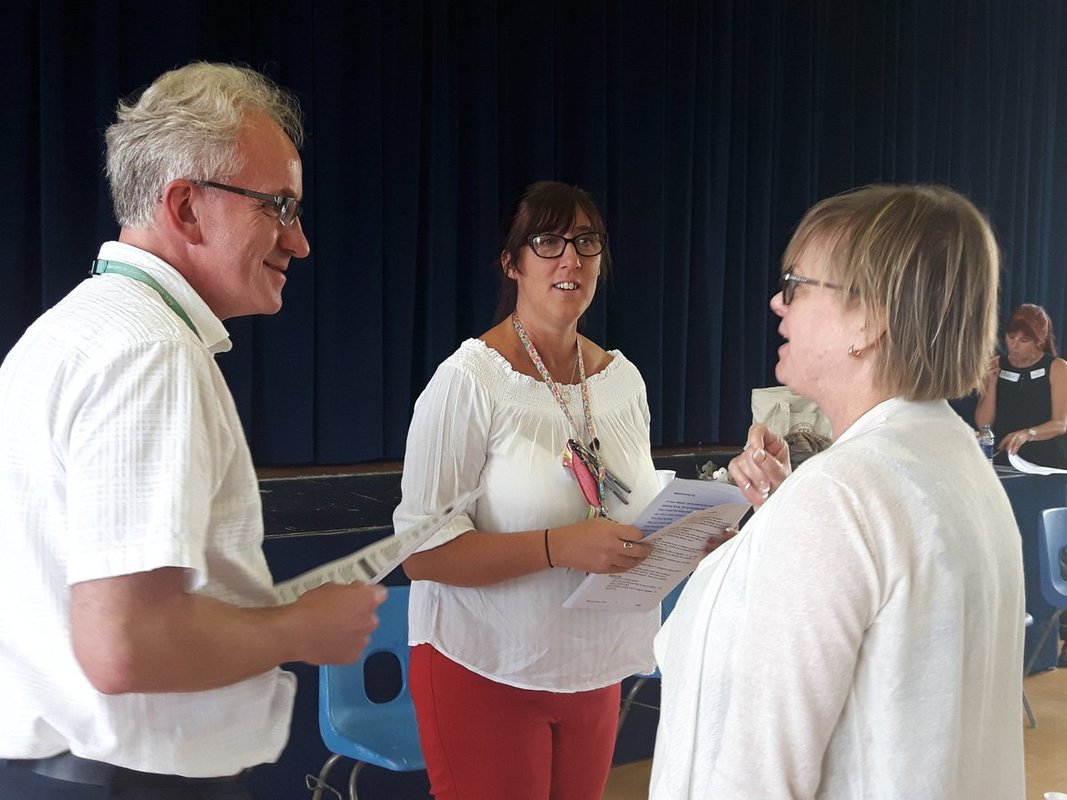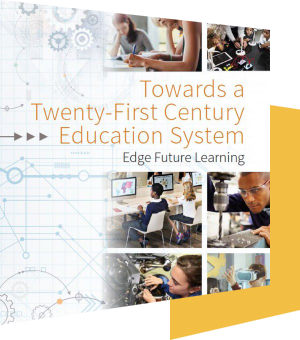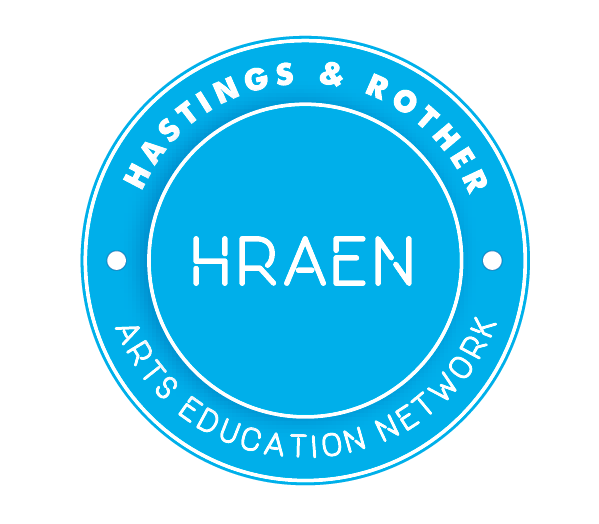|
Student Ambassador Programme For current higher education students who have an interest in the creative industries, we are piloting a new Student Ambassador Programme. Our Student Ambassadors will be representatives for the Creative Industries Federation at their universities, helping to spread the word about events and opportunities in the creative industries while making the most of the insight, research, events and networking benefits that the Federation can offer them. This programme has been developed following the great enthusiasm and energy demonstrated by the students that formed our youth delegation at our International Summit on 9 October. Inspired by their feedback, we will be working together on a project demonstrating the career opportunities which available within the creative industries. There are now more than two million jobs in the creative industries, but there still isn't enough general knowledge about the many different creative career options that are out there - this is why we will be working with industry on a Creative Careers programme launching next year. For their first project, students will be interviewing alumni from their university who are currently working in the creative industries, and developing materials (written, recorded (podcast) or filmed piece) which can be shared more widely.
1 Comment
A professor of surgery says students have spent so much time in front of screens and so little time using their hands that they have lost the dexterity for stitching or sewing up patients. Roger Kneebone, professor of surgical education at Imperial College, London, says young people have so little experience of craft skills that they struggle with anything practical. To read to full story click here. A major new report on how school pupils engage with the arts has called for ring-fenced Government funding to ensure all children in primary and secondary schools have access to an “arts-rich” education. The authors, who carried out research on an “unprecedented” scale, also recommend the introduction of a minimum curriculum time allocation for arts subjects to be assessed in Ofsted inspections. These measures are intended to help preserve the “positive difference that sustained engagement with arts and cultural education has on the lives of young people” identified by the research. Survey resultsThe study, commissioned by Arts Council England, was a three-year collaboration between 30 schools, the RSC, Tate, and the Nottingham School of Education. 6,000 responses were gathered from students aged 11-18 and their teachers from areas including London, Canterbury, Liverpool, Hull, Cornwall, Hastings and Doncaster. The report highlights the importance of school to young people’s arts engagement. More than a third of students said school is their only opportunity to engage in arts activities, and a higher proportion of students say that school supports their interest in the arts (45%) than report that their parents do so (38%). The scale of the research also enables a detailed demographic analysis. While slightly more female students than male students were highly engaged in at least one arts activity, males made up 78% of those least engaged. Almost a quarter (23%) of students with a physical disability, and 14% of students with learning difficulties, are highly involved in at least one arts activity, compared to 5% of students without physical disabilities or learning difficulties. There is a similarly high-take up of the arts among people who identify as non-binary, with 28% of this group among the most engaged. ConclusionsThe report identifies the key elements an ‘arts-rich’ school, saying that students in these:
The report also urges Russell Group universities to review their approach to facilitating subjects – those identified as providing young people with the most chance of getting into universities, and which do not include the arts – as well as calling for an ‘arts and culture premium’, modelled on the current £320m ring-fenced for sports in primary schools. To read the full articles go to: https://www.artsprofessional.co.uk/news/report-calls-arts-premium-schools TALE, a research project investigating the benefits of arts education published its findings6/11/2018 Tracking Arts Engagement and Learning, TALE, is a three-year longitudinal research project which has investigated arts education in secondary and special schools. The project partners, The Royal Shakespeare Company (Education), Tate (School and Teachers team), and The University of Nottingham, say they ‘joined together to examine the benefits of taking arts and education seriously'. The TALE project gathered 6000 responses from young people aged 14-18 in secondary and special schools around England.’ The project has produced a summary of findings and recommendations, called: 'Time to Listen'. The report's authors say: ‘It is time to listen to why arts and culture in schools matters to young people.’ ‘Young people tell us that arts and culture rich schools enhance their lives now, and prepare them for life after school. 'Young people tell us that arts and cultural learning in school is significantly different because: in arts lessons they have more agency, responsibility, independence and freedom to make decisions. They enjoy and are motivated by this. ‘In arts lessons they have more agency, responsibility, independence and freedom to make decisions. They enjoy and are motivated by this’ The report goes on to explain: ‘What defines an arts and culture rich school, and what makes this possible. The report identifies five ‘important’ barriers that prevent schools becoming arts and culture rich:
The TALE report, which explains its methodologies and in-depth findings, identifies and makes explicit what needs to change: 1. All secondary schools should be able to: a) Ensure that at KS3 the arts have parity with other subjects b) Offer a full range of arts subjects at KS4 (GCSE) c) Confidently talk to students and their families about the value of studying arts subjects. 2. The Ofsted process should ensure the breadth and balance of the school curriculum by specifying in the inspection framework the minimum proportion of curriculum time to be spent studying arts subjects at KS3, and the range of arts subjects which should be offered at KS4. 3. There should be an Arts and Culture Premium for all children in schools. 4. Russell Group universities should review their approach to Facilitating Subjects, recognising that studying arts subjects can provide young people with an essential foundation for further study. 5. There should be acknowledgement and appropriate reward in both pay scale and job title for the work of teachers who take on the essential role of ‘arts broker.’ The full TALE report with methodology can be read here A new report by The Edge Foundation sets out the challenges presented by current education policies and their impact on young people, employers and the economy. The report Towards a Twenty-First Century Education System examines what employers need, and how education policies are helping or hindering this challenge. The report’s authors have analysed nearly 30 years of data and since 2013 have identified a ‘plateauing and rentrenchment phase'. The findings indicate middle and lower attainers are disproportionately affected by the current Government’s reforms. Accountability measures are cited as contributing to this change, as is the promotion of a ‘knowledge rich’ and narrowing curriculum. The 16-19 curriculum, the report explains, is increasingly designed to focus on the Russell Group's ‘facilitating subjects’ and on PISA scores, and that young people are asked to make a binary choice between academic and technical routes. The report concludes that the sum of current education policies do not the address challenges set by employers, the economy and young people, indeed the report’s authors state: ‘The system is not only failing to meet their needs, but actively accelerating in the opposite direction’ The report helpfully shares examples of 'forward-thinking' schools, colleges and projects across England who are successfully supporting young people to develop 21C skills. _____________ At the launch of the report, 30 October 2018, Tristram Hunt said: ‘Study art, design, be creative, immunise yourself against the robots stealing your jobs’. Professor Roger Kneebone, said: ‘Essentially, people need to do things with their hands…they need to do stuff with stuff…we are missing the science in art and art in science.’ Dave Strudwick, Head of Plymouth School of Creative Arts, quoted Ai Weiwei: “Creativity can only be unlearned” Towards a Twenty-First Century Education System was authored by Olly Newton with Andrea Laczik, Kat Emms, Helen Beardmore and Kayla Cohen. The report can be downloaded here Free event for schools as part of Hastings Storytelling Festival. (There are other free events for children too, see website, but this is in school time) Hastings Storytelling Festival presents OTHERWORLD by MAGIK DOOR: EXPLORE THE INSTALLATIONS Northern Ireland’s Magik Door creates alternative realities using emerging technologies. The company specialises in immersive 3D audio environments, integrated reality, interactive hybrid art exhibitions and performance. Magik Door create a portal to the Otherworld in the heart of Hastings’ Alexandra Park which turns an area of the park into an interactive dreamscape. Children can wander through the installation, playing with some of the interactive exhibits and engaging with the installation. FREE Friday 9 November 1.30-3pm By the miniature railway in Alexandra park For school bookings, please email: [email protected] The Durham Commission on Creativity and Education is a collaboration between Arts Council England and Durham University that aims to identify ways in which creativity, and specifically creative thinking, can play a larger part in the lives of young people from birth to the age of 25, both within and beyond the current education system.
Find out more – www.durham.ac.uk/creativitycommission |
These updates are provided by the HRAEN steering group and comprise information we feel will be most useful to the HRAEN members. Please note that though we want to spread the word about creative activity much of what appears here has not been quality checked by HRAEN and consequently HRAEN does not systematically endorse the projects on this page.
Archives
May 2022
CATEGORIES
All Arts Award Arts Champions Arts Council England Artswork CPD Creative Teaching Culture Shift Dear Serge De La Warr Pavilion East Sussex Arts Award Film Education Fun Palaces Hastings Borough Council Hastings Museum & Art Gallery Hastings Pier HRAEN Jerwood Gallery Pallant House Gallery Rother District Council Screen South South East Bridge The Pier HUB White Rock Theatre |






 RSS Feed
RSS Feed